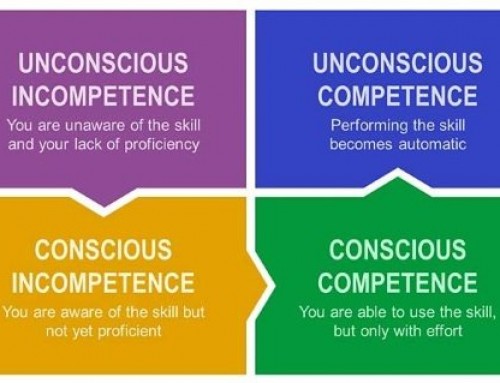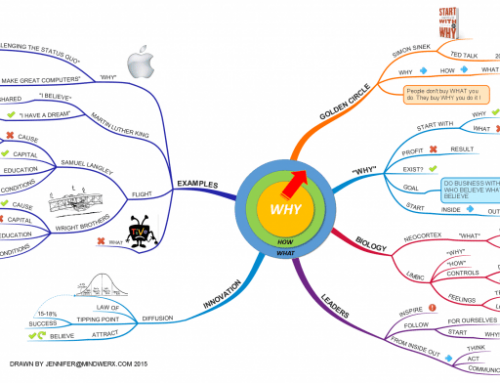I was having lunch with a friend of mine, a well known social innovative and entrepreneur and he was telling me about the recent trip he and his partner made to Cuba. It was a country that had fascinated him for years, and in keeping with his adventurous nature they didn’t do the standard ‘tourist’ trip, but instead went as part of a Cuban Friendship Camp. This meant they really spent time with local people experiencing life on the ground in Cuba.
One of the many things he found interesting was an event the Cubans called the ‘Battle of Ideas’ where people, particularly young people, gather to share ideas. Not unlike creative thinking sessions we might have here, you would think. Anyway he went along to one of these, and while impressed with the energy of the group, he noted (without criticism) to himself that most of the discussion was not based around new issues, and did not seem to focus on new innovative ideas, but more on ideas presented by Cuba’s leader Fidel Castro.
In investigating Castro’s story, my friend was impressed by the creativity of the man that has shaped Cuba for the last 50 years. What was interesting about the ‘Battle of Ideas’ was that the focus was mostly about Castro’s ideas and how to implement them or make them work. The sessions were not about truly new ideas from the group.
When I heard this story, my own thoughts went to the situation in many organisations and I wondered if this same phenomenon is similar to what happens in most organisations big and small. Do we not mostly see the leader (or leaders) of the organisation put forward new ideas, and then people fall in behind these to see how they might be implemented.
It raises the question about where truly new ideas and innovations come from – do staff groups, project teams and employees in general ever really come up with them? Or is it the insight of the leader that drives new thinking, and perhaps it isn’t even the leader, but the pressures being applied on leaders to meet new market needs, competitor pressures, or the general economic situation?
If this is the case, the concern then is do we have the leaders needed to drive creativity and innovation today?







Leave A Comment
You must be logged in to post a comment.